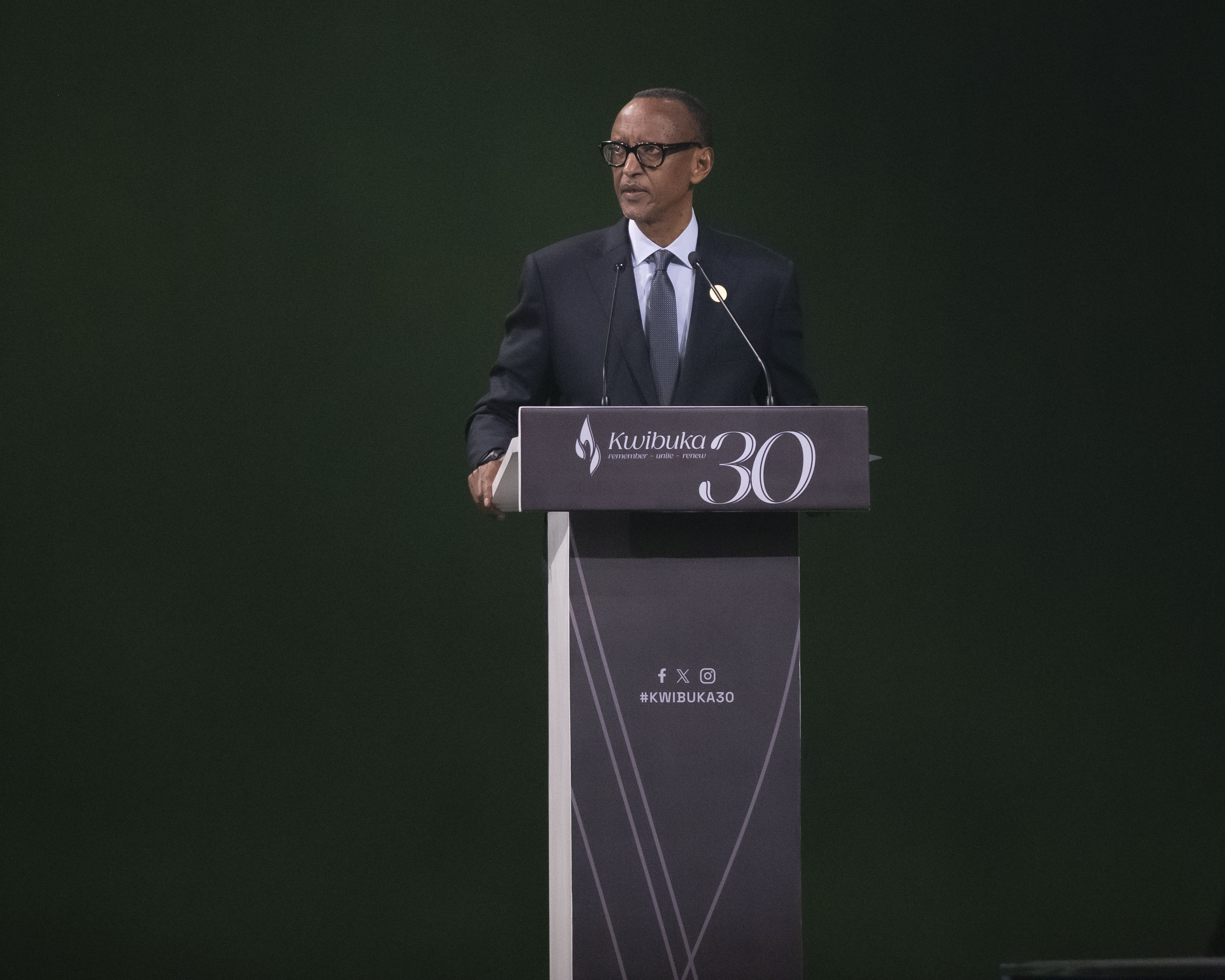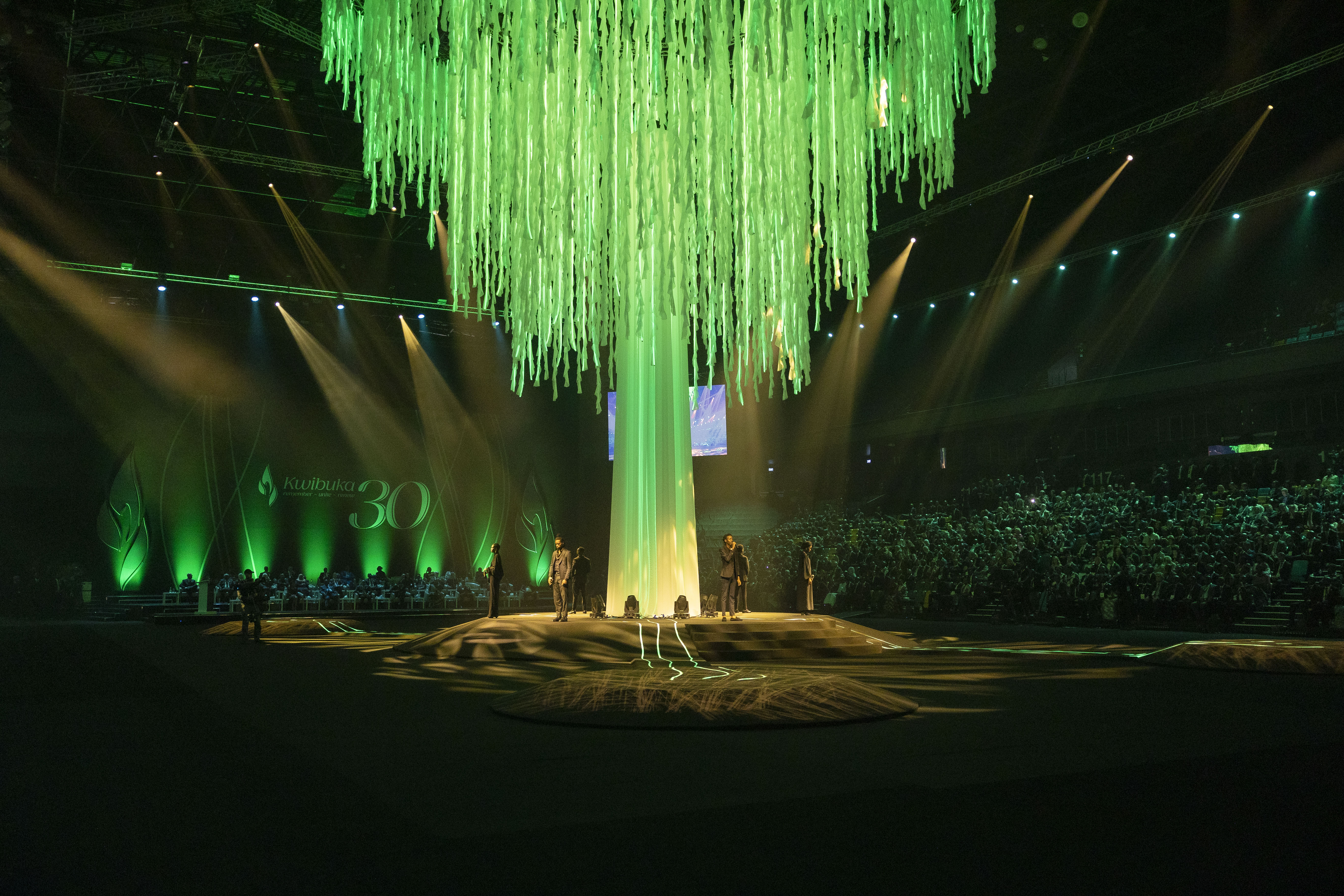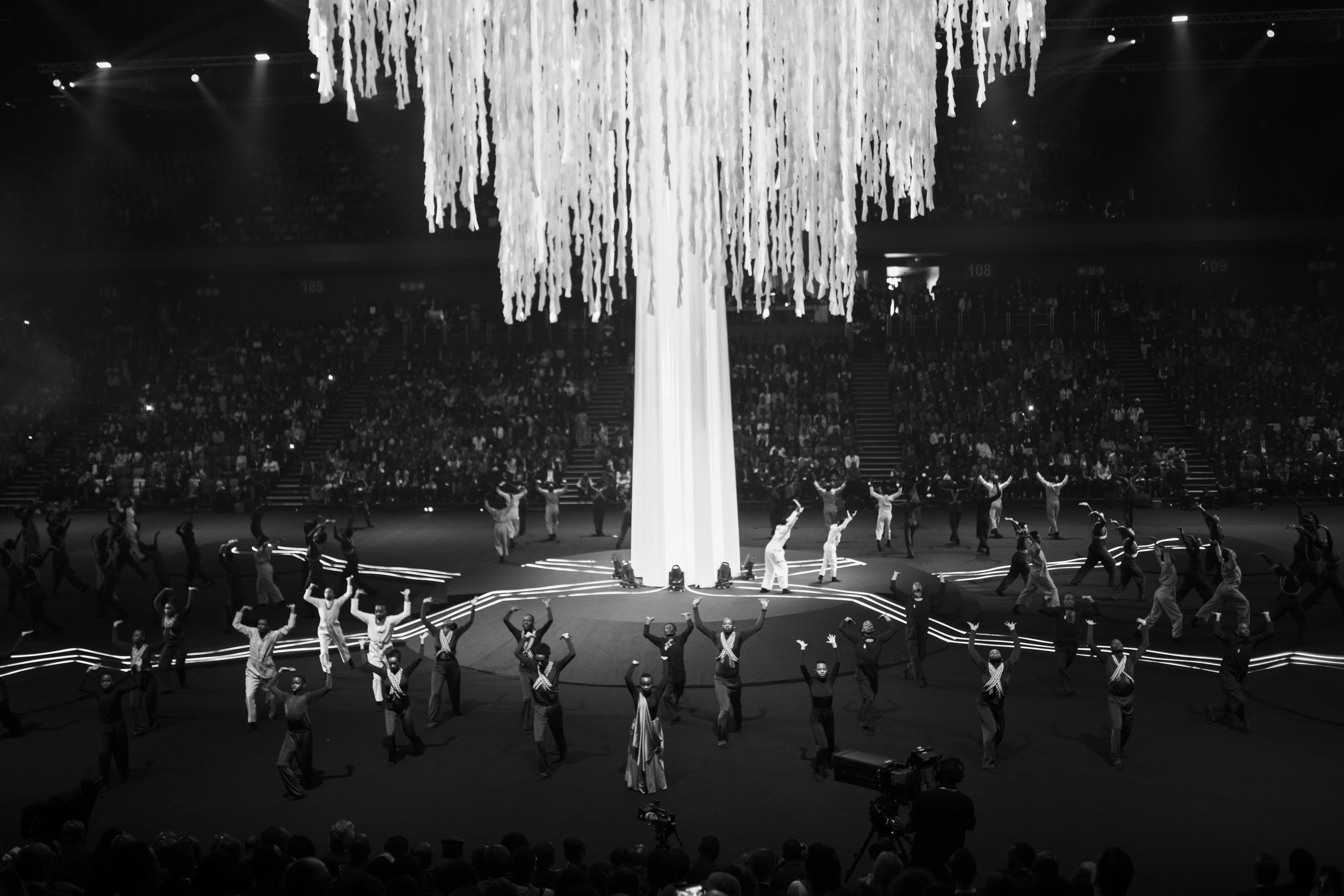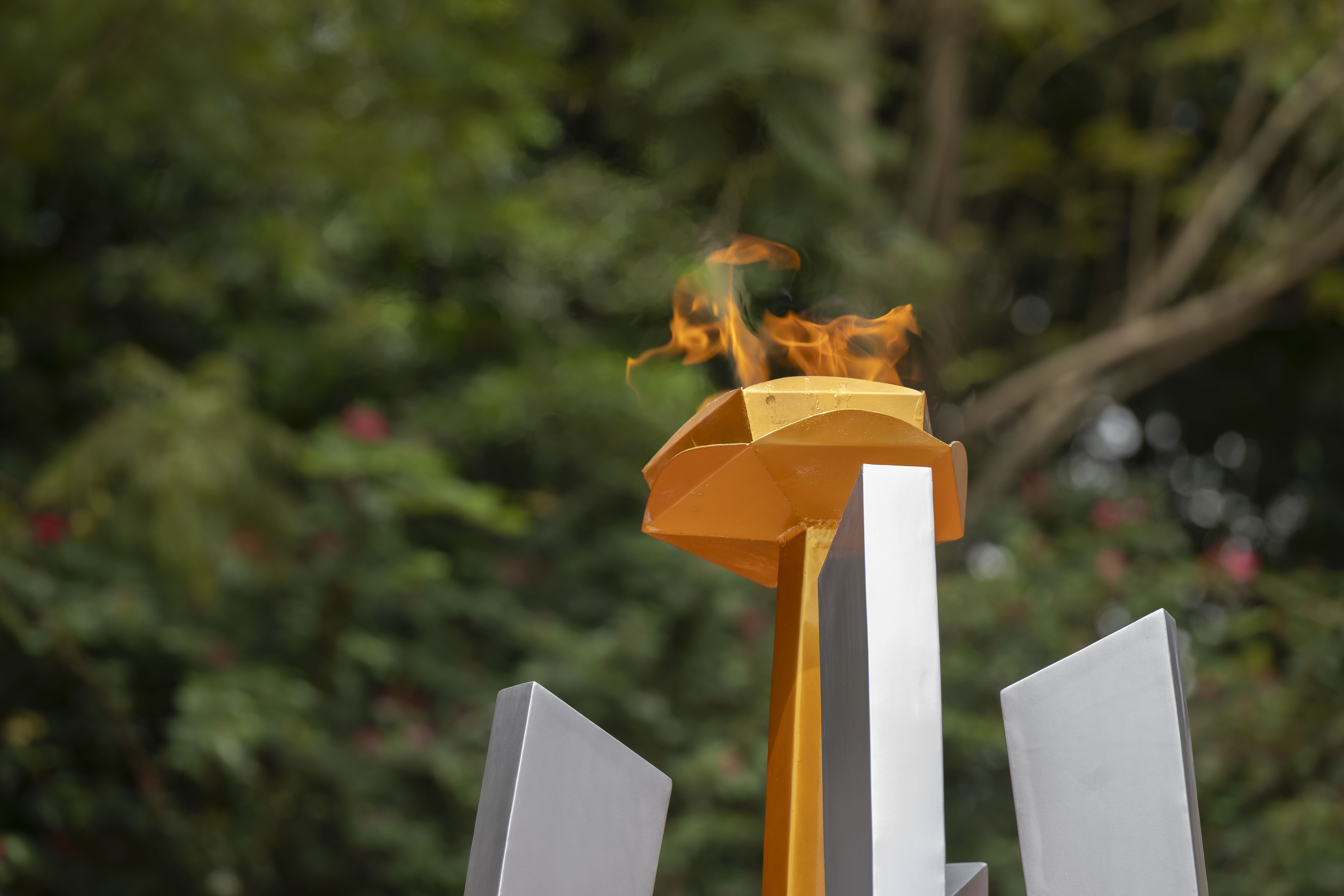In his address during the 30th commemoration of the 1994 Genocide against the Tutsi in Rwanda, President Paul Kagame shared profound lessons from Rwanda’s journey, offering invaluable insights not just for Rwandans but for all young Africans and the global youth.
President Kagame emphasized the critical importance of self-reliance and the valuation of African lives by Africans themselves. “Only we as Rwandans and Africans can give full value to our lives… we cannot ask others to value African lives more highly than we ourselves do,” he remarked.
This powerful assertion underlines the duty of preserving memory and narrating our own histories as we have lived them. It’s a call to the youth to own their narratives and understand their past to shape a future of dignity and respect.
The Rwandan experience teaches the lesson of taking initiative without waiting for external rescue or permission. President Kagame highlighted Rwanda’s active role in peacekeeping and offering assistance to its African neighbors, showcasing a legacy of resilience and solidarity.
“Never wait for rescue or ask permission to do what is right to protect people,” he advised. This message encourages young people to champion justice and peace, advocating for a proactive stance in addressing challenges within their communities and beyond.
President Kagame’s third lesson was staunch opposition to ethnic populism and any form of divisive politics, which have historically led to genocidal violence. By refusing to organize politics based on ethnicity or religion, Rwanda presents a model for unity and inclusivity.
“Genocide is populism in its pure form… the remedies must be as well,” he stated, urging the youth to stand firm against divisiveness. This lesson is crucial for fostering a culture of tolerance and understanding among the next generation.
The role of youth in shaping the future
Highlighting the significance of Rwanda’s youth, Kagame pointed out that nearly three-quarters of the population is under the age of 35, with many having no memory of the genocide. This demographic represents the guardians of Rwanda’s future and the foundation of its unity. “Only a new generation of young people have the ability to renew and redeem a nation after genocide,” he affirmed. The youth’s role in breaking the cycle of violence and building a peaceful future is indispensable.
The president’s speech was not just a reflection on the past but a forward-looking message imbued with hope and confidence in the youth. By conquering fear and embracing unity, Rwanda’s young population stands ready to face any challenges, ensuring that the nation never regresses.
The Rwandan story, as narrated by his excellency, is a testament to the immense power within each individual to effect change. It’s a call to action for the youth to use their power to tell the truth, do what is right, and choose the life they want to live.
As we remember the past, let’s also look to the future with optimism, drawing from the lessons of resilience, unity, and empowerment. The youth of Rwanda, and indeed all over the world, are not just the hope for a brighter tomorrow but the very architects of it. Let’s embrace our power, tell our truths, and commit to a future where every life is valued, and every voice is heard.





